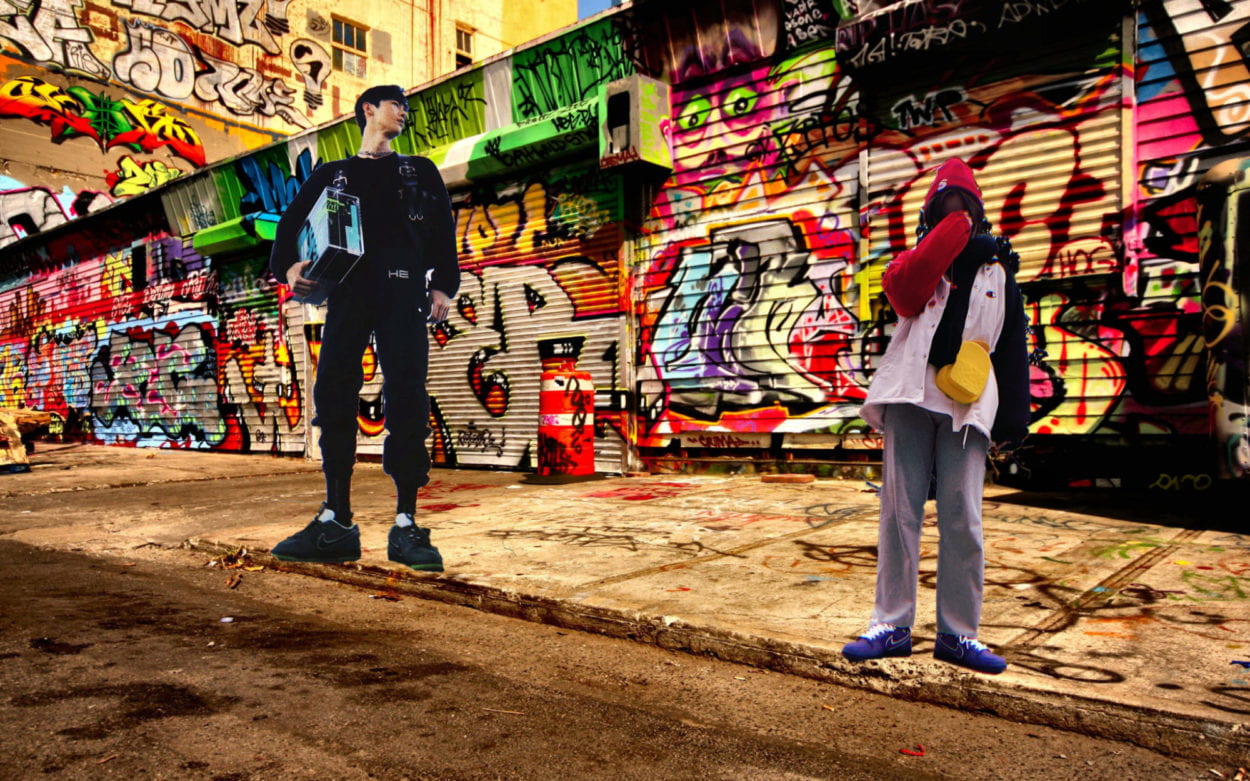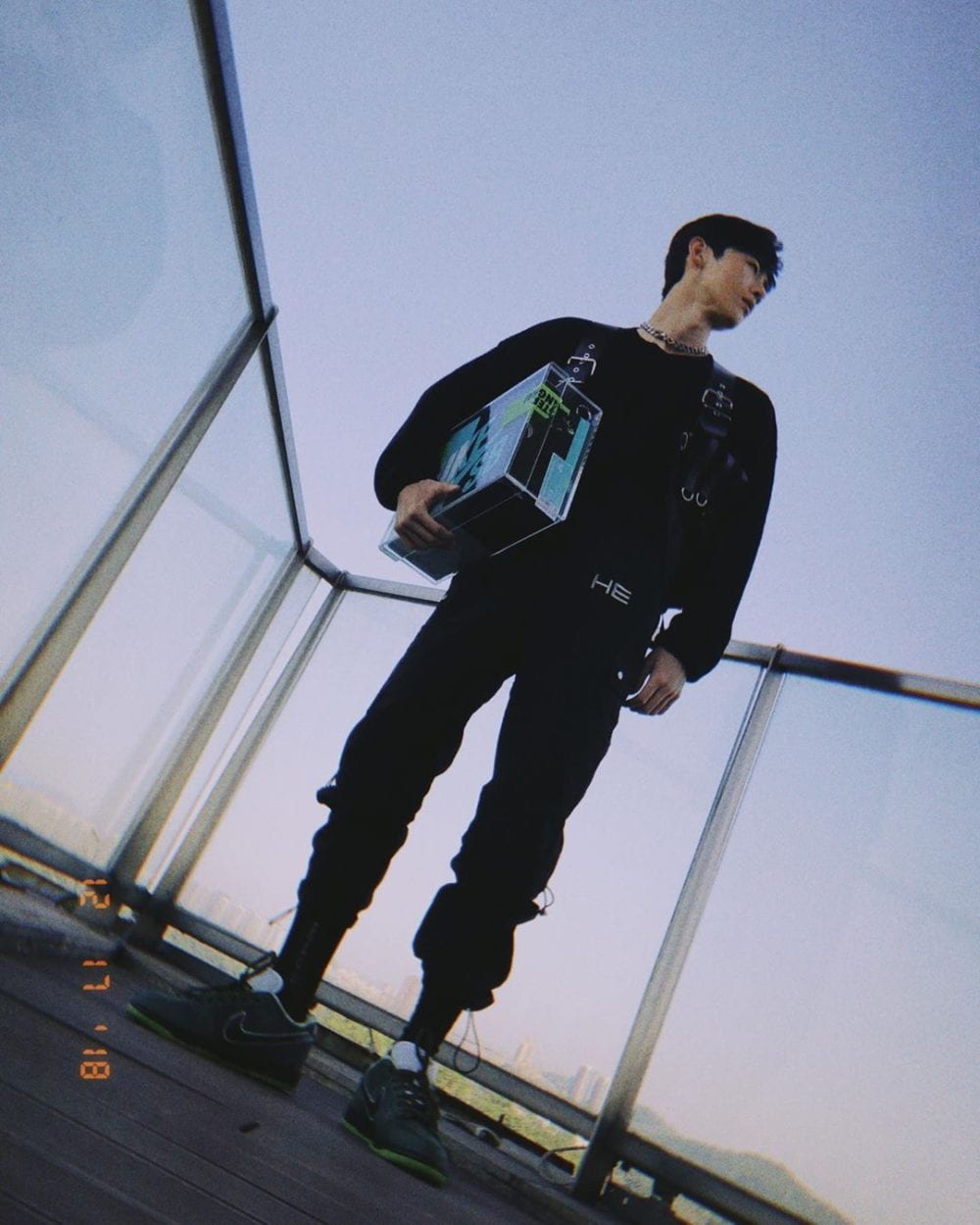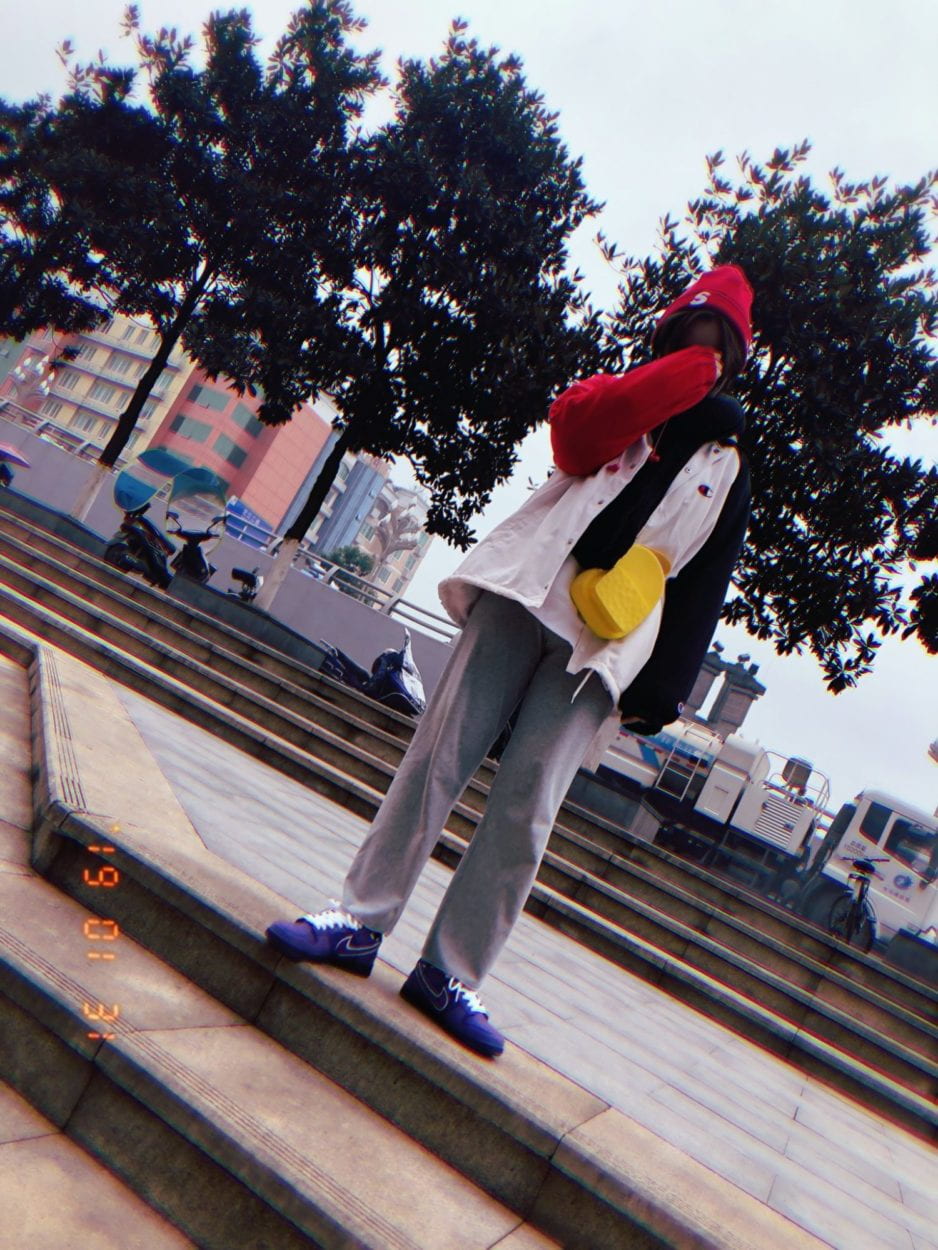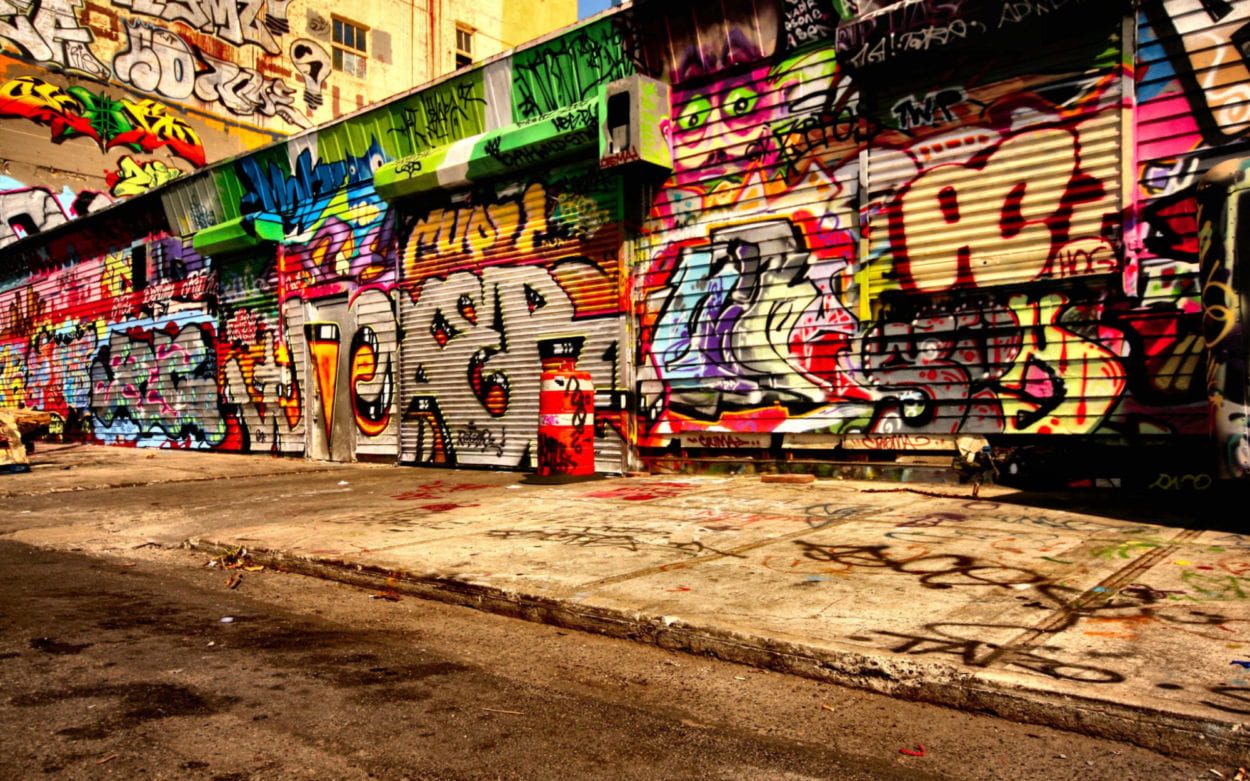The Machine Stops by E.M.Forster presents us with a picture of how humans will live in the time of the Machine. And how the civilization collapses after the Machine stops. To me, the image of people living in the Machine time is absolutely absurd. People live underground, and everywhere is the same. Athletes were destroyed when borne, and there is no religion anymore. People hate touching each other, and they think strength and muscles are useless. But after thinking thoroughly about it, I found this path is exactly what we are heading. We talk through cellphones more, send text messages or facetime each other. But we face each other less. We invented machines to do things for us, both laborious work and tiniest trivia. But we seldom achieve our goals without the help of machines anymore. We created VR to help us see the world in our armchair. But we go out of the world and expose us to nature less. We became dependent on machines without realizing.
In the context of communication, I take the happening of this phenomenon as a result of not communicating with each other. Nowadays, when in public places, we would prefer to be on our phones than talking to the people around you. Instead of communicating with each other, we communicate with the machines. And we stopped to communicate with nature too. We think we could duplicate nature so that it would save us time to do our work. But when we are using VR or things like that, we are not communicating with nature. We are communicating with the machine. Will the machine take over and destroy our civilization in the future? I don’t know. But I believe that if we continue what we are doing now without realizing the brutal fact hiding underneath, we will only alienate each other and distance ourselves with the world.
 、
、

